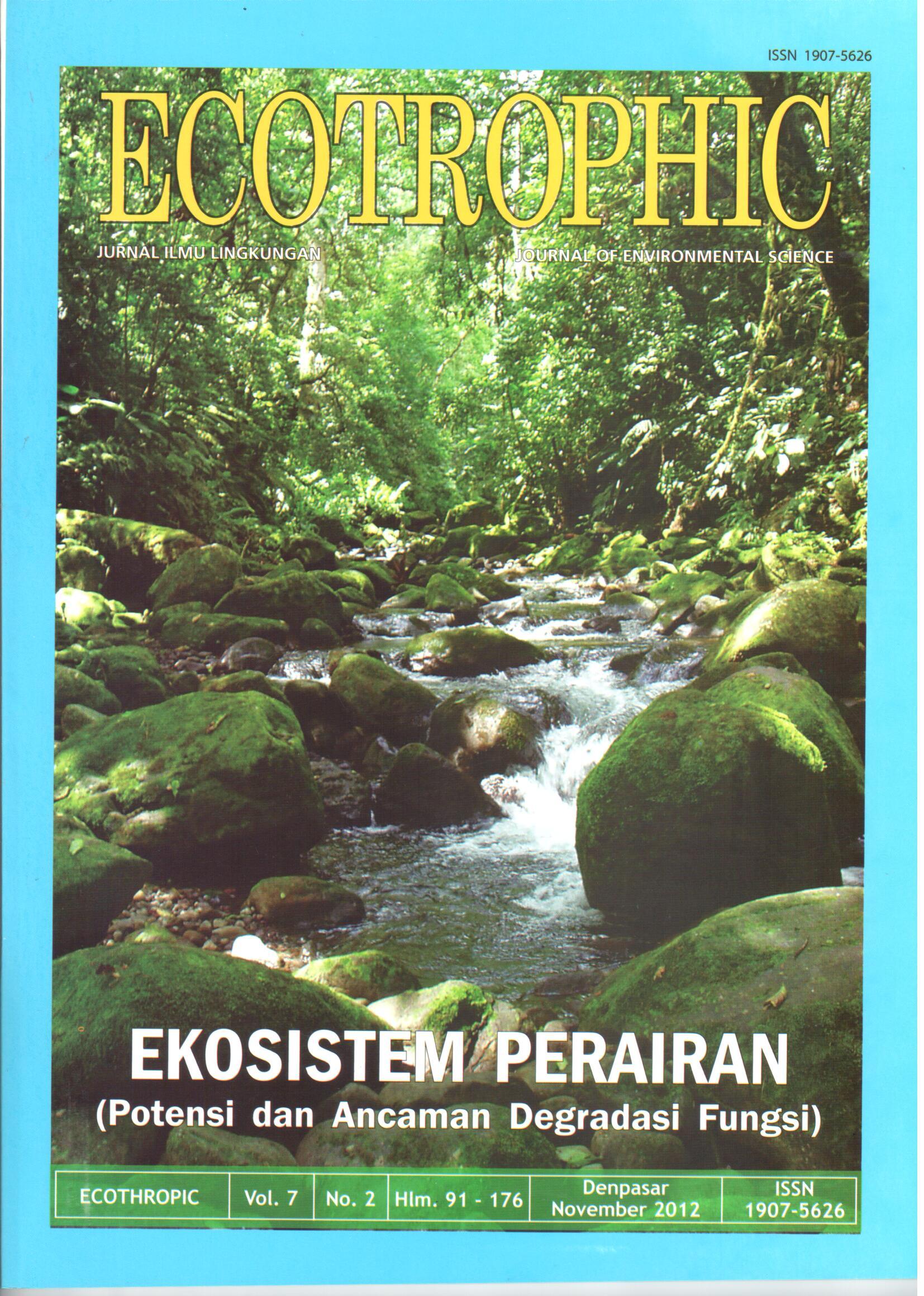SISTEM DAN NILA! EKONOMI PENGELOLAAN SAMPAH DI DEP O CEMARA DESA SANUR KAJA, KECAMATAN DENPASAR SELATAN, KOTA DENPASAR
Abstract
The first objective of this study is to know the management systems currently on the Depo Cemara sanur Kaja Vilage secondly to know the level of performance in the garbage depot management of Depo Cemara and the thirdly is to know the economic value of waste management results. The research method used is a method of qualitative and quantitative methods, the trash management system is obtained through direct interviews with managers and officers as respondents and observations at one point in the depot location which is at Depo Cemara the Village of Sanur Kaja then compared with SNI and analysed its level of performance with Likert scala. The economic value that is obtained trough production profits total revenue monus total cost. Waste management system Depo Cemara Pine of sanur Kaaaaaaja Village Denpasar City is an urban waste management systems by applaying the principles of community based management through the mechanisms of planning, organizing, aktuating and controlling, and has conducted waste management with the principle of 3R (Reduce, Reuse, Recycle) but not yet optimal. Based on the analysis of the performance level of the waste management system implemented at the depo Cemara management system, resorce aviabilities, infrastructure and financial management catagorized as moderate/ quite well and managed to finence his own household.
Waste management can be applied to reduce the volume of waste into the environment by 2750 kg per day. Waste management is implemented at the Depo Cemara produced average economic value per day amounting to Rp. 901.571,- and Rp. 27.167.140,- per month. Depo Cemara of sanur Kaja Village imlemented waste management with the principle of the 3R (Roduce, Reuse, Recycle) is more optimal means of waste management from the source population that is at home running well so that is can support more optimal management system and reduce the cost of depo operation to become more effecient and it will eventually increase the economic value of the processing of waste.


